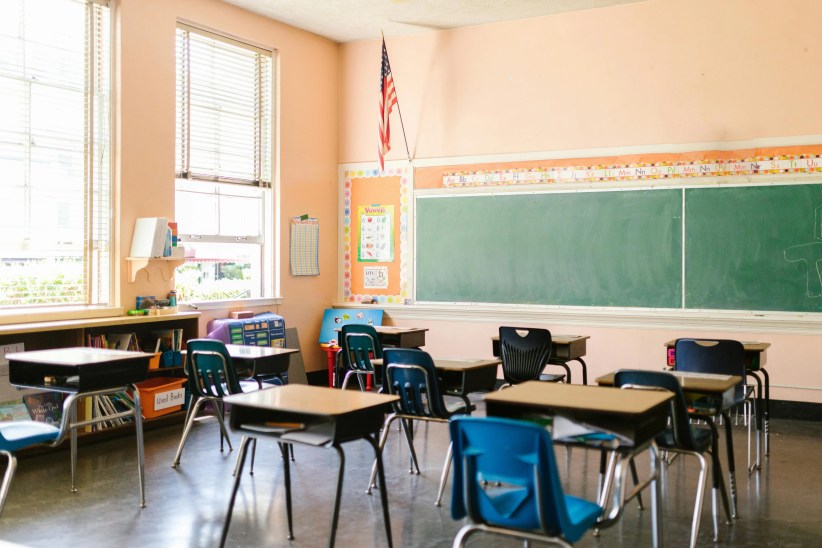A study that aims to research whether specific genes are linked to autism is looking for participants.
In April, The Simons Foundation Autism Research Initiative launched and funded an autism spectrum disorder online research initiative called Simons Foundation Powering Autism Research for Knowledge. The project is designed to reach 50,000 individuals diagnosed with autism by collecting genetic data from them for research. So far, 8,000 individuals have registered, and many more are needed to complete the study.
Geneticist Wendy Chung, M.D., Ph.D., is the principal investigator of SPARK, and she says her number-one goal is to gain a better understanding of the genetics and molecular mechanisms behind autism. “Most importantly, it provides sort of a ready-made group of families that are available when there are new discoveries, new opportunities available, whether they are new behavioral treatments or new medical treatments,” she says.
Researchers know that autism has a strong genetic component, but not to what extent. As of now, 50 genes have been linked to autism, and researchers hypothesize that there may be more than 300 additional genes involved as well, according to a press release about SPARK.
“Clearly autism is a very large umbrella. Genetics, based on twin studies, we know plays an important role, but it’s certainly not the only factor,” Dr. Chung says. “It probably is different for different people. There are probably some people in which there’s one big gene that’s doing it, there’s other people where it may not be one gene but many genes, and then other people where it’s not genes at all.”
She says the toughest part has been trying to understand how the brain works differently for individuals with autism. “I think because there are many types of autism, there are many different ways in which the brain works. I think there are some similar challenges, but from a fundamental, biological standpoint, there are different molecules involved, probably different parts of the brain involved, in different individuals,” she says. “So, the genetic strategy helps us to get a handle on a lot of that all at one time sort of in one consistent way.
The study is looking for participants who have an official autism diagnosis. Participants can be of any age, background, gender, race, geographic location, or socioeconomic situation. Dr. Chung says people are also able participate by giving a saliva sample, which will aid researchers in studying the genetics involved in autism, and then getting that information back to the community.
“It is very much a partnership and very much a reciprocal relationship,” she adds. “It’s not just families and parents and individuals giving information, but it’s the researchers giving the information back to those families and hopefully then coming up with a genetic diagnosis for some of those families.”
Dr. Chung says they tried to make the registration process as easy as possible, so it should only take approximately 10-20 minutes, and you are able to register yourself or any family member diagnosed with autism.
For more information and to register, visit sparkforautism.org.
RELATED:
Find Special Needs Services for Your Child
Get Weekend Activities Sent to You























